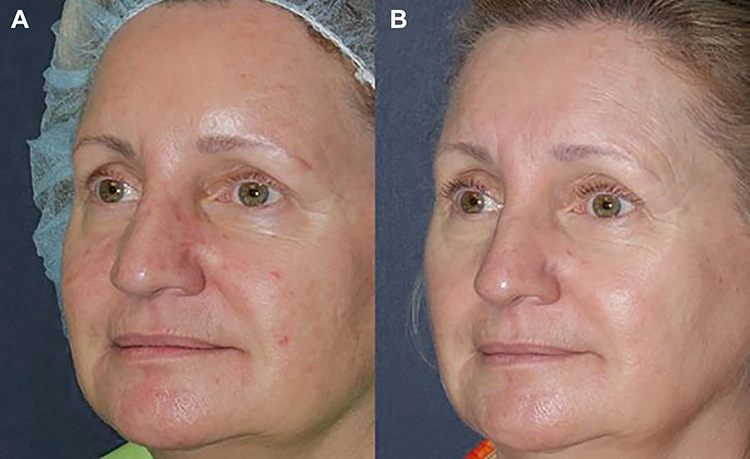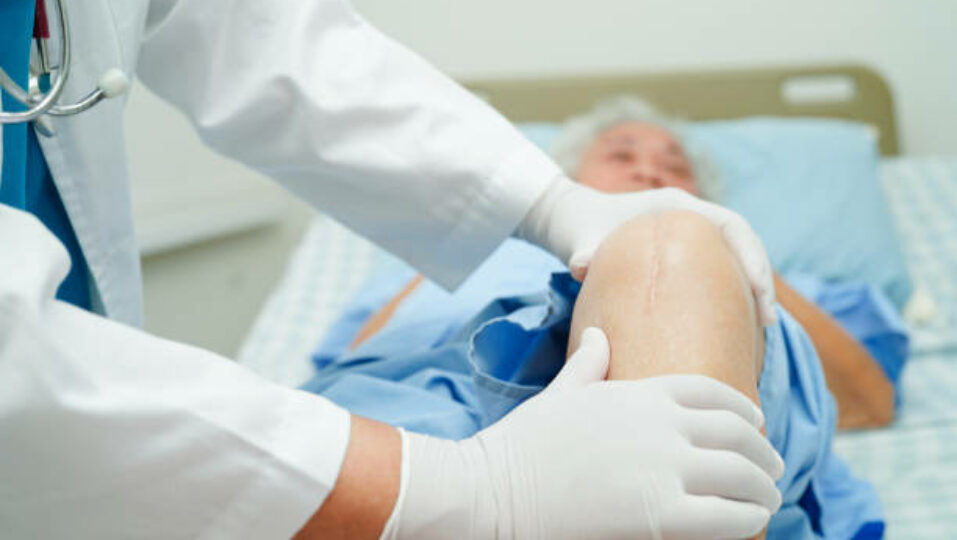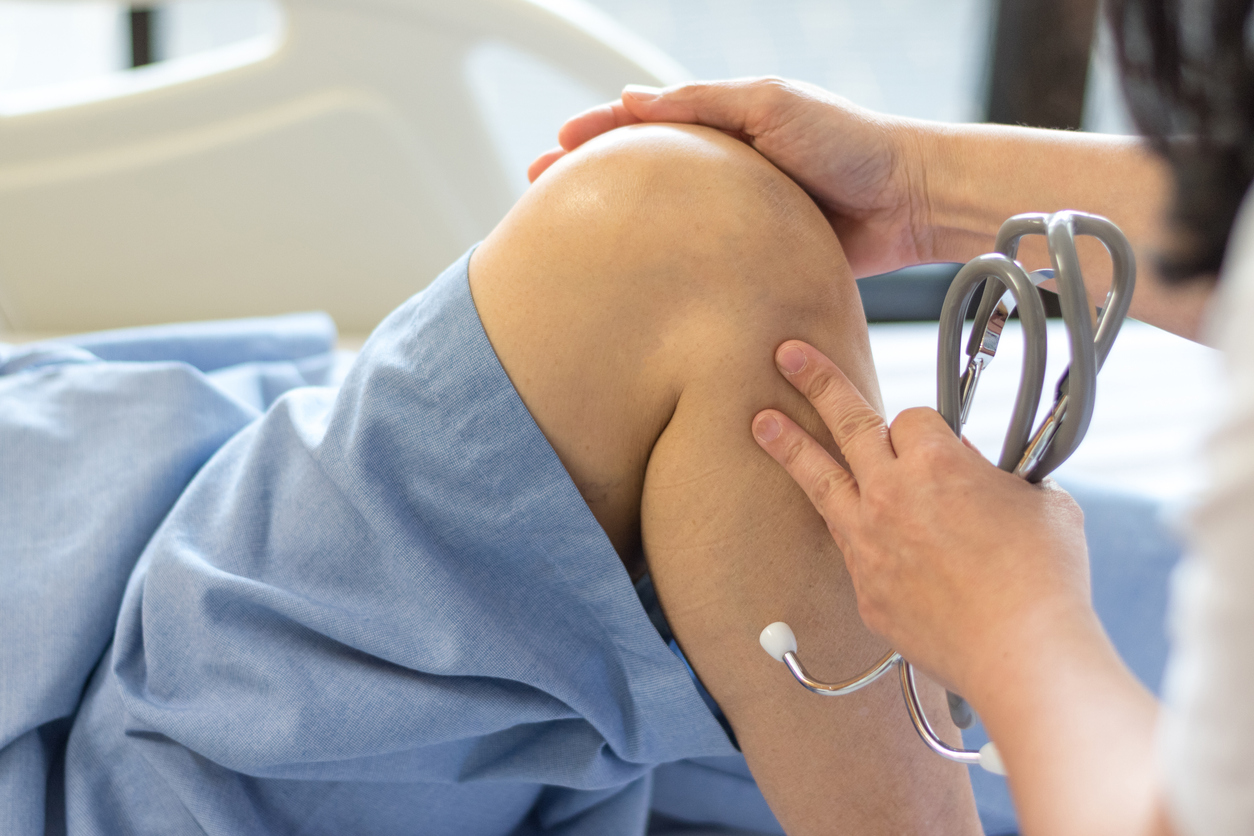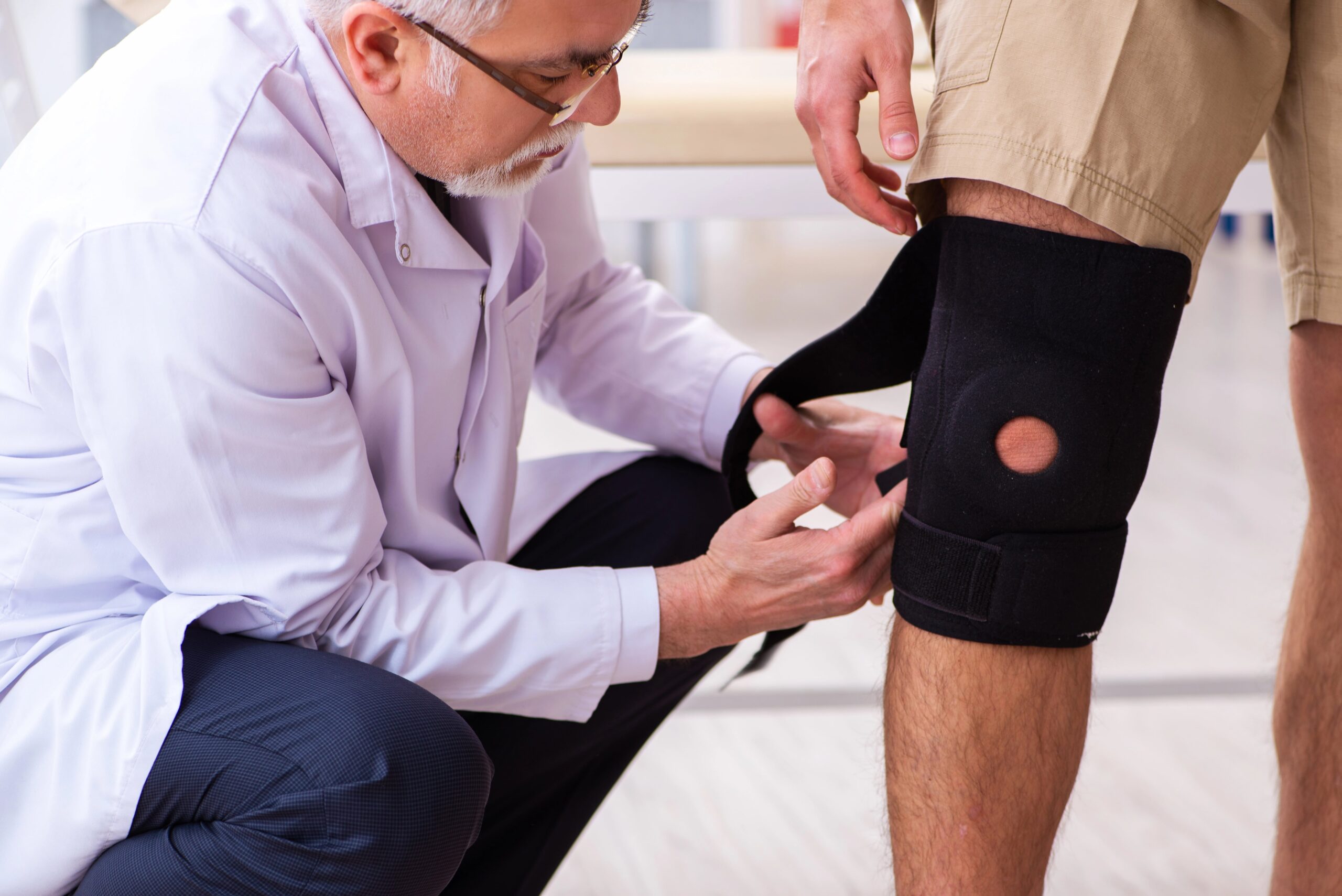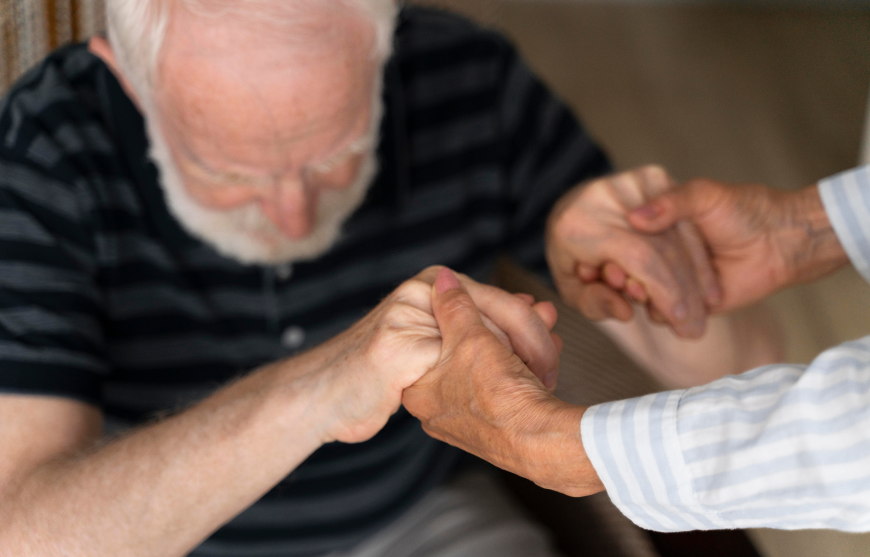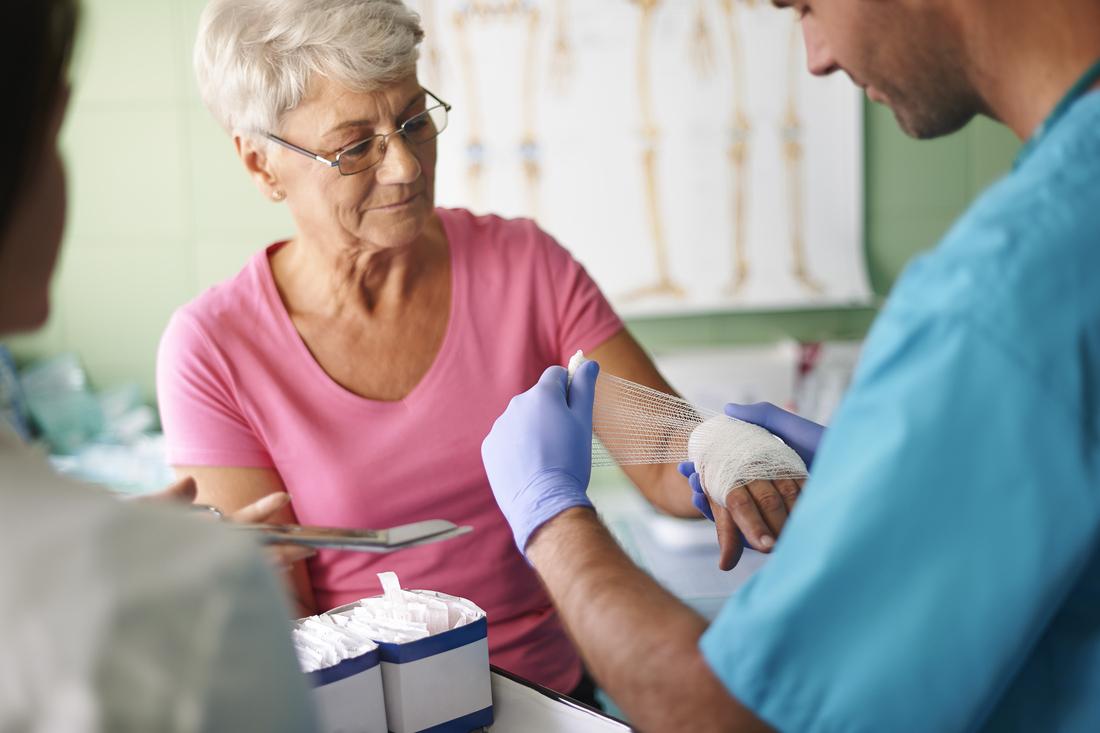Rosacea is a chronic skin condition that affects millions of people worldwide. It’s characterized by persistent redness, visible blood vessels, and in some cases, pimple-like bumps on the face. While rosacea has a significant impact on physical health, it’s equally important to understand the psychological toll it can take on individuals. In this blog, we’ll explore the emotional and psychological aspects of living with rosacea, with a particular focus on the role of capillaries in this condition.
Understanding Rosacea
What is Rosacea?
Rosacea is a common skin disorder that primarily affects the face. It typically begins with facial redness that may come and go, and it can gradually worsen over time. There are different subtypes of rosacea, including erythematotelangiectatic rosacea, papulopustular rosacea, phymatous rosacea, and ocular rosacea, each with its own set of symptoms and challenges.
Types and Symptoms of Rosacea
The symptoms of rosacea can vary widely among individuals but often include persistent redness, visible blood vessels (capillaries), flushing, and the development of small, red bumps or pustules. Some people with rosacea may also experience eye problems, such as dryness, itching, and sensitivity to light.
Causes and Triggers
While the exact cause of rosacea remains unclear, there are various factors that can trigger or exacerbate symptoms. These triggers may include certain foods, alcohol, sun exposure, stress, and even temperature changes. Identifying and avoiding these triggers is crucial for managing rosacea effectively.
Capillaries and Their Role
What are Capillaries?
Capillaries are tiny blood vessels that play a crucial role in the circulation of blood throughout the body. They are essential for delivering oxygen and nutrients to the skin and other tissues. In the context of rosacea, the dilation and inflammation of facial capillaries are major contributors to the condition’s visible symptoms.
How Capillaries Contribute to Rosacea
The capillaries in the face may become dilated and more visible in individuals with rosacea, contributing to the characteristic redness and flushing. This vascular component of rosacea is one of the primary reasons why it’s often associated with capillaries.
Capillaries vs. Blood Vessels: Clarifying the Terminology
It’s important to note that when people refer to “visible blood vessels” in rosacea, they are often talking about dilated capillaries in the skin. Capillaries are the smallest blood vessels, and their enlargement is a hallmark feature of this condition.
The Physical Impact of Rosacea
Skin Redness and Flushing
One of the most noticeable and distressing physical symptoms of rosacea is facial redness. This redness can be constant or triggered by various factors, leading to frequent flushing episodes. These visible symptoms can be challenging to conceal and often result in self-consciousness.
Visible Blood Vessels and Capillaries
The prominence of dilated capillaries in rosacea can cause the skin to take on a spider-like appearance, with visible red or blue lines. This aspect of the condition can be particularly distressing for those affected.
Swelling and Skin Sensitivity
In addition to redness and visible capillaries, some individuals with rosacea may experience facial swelling and increased skin sensitivity. These physical symptoms can cause discomfort and further contribute to the psychological impact of the condition.
The Psychological Impact of Rosacea
Self-Esteem and Body Image
Living with rosacea can significantly impact self-esteem and body image. Individuals with rosacea may feel self-conscious about their appearance and go to great lengths to conceal their condition with makeup or clothing. This self-consciousness can lead to a decrease in self-esteem and confidence.
Emotional Stress and Anxiety
The constant concern about rosacea symptoms and triggers can lead to emotional stress and anxiety. The fear of sudden flushing or worsening redness in social situations can be particularly distressing. Managing these emotional aspects is crucial for overall well-being.
Social Impact and Stigmatization
Rosacea may lead to social challenges, including the fear of judgment or stigmatization. People with rosacea may avoid social interactions, public speaking, or job opportunities that could expose them to scrutiny. Breaking down these social barriers and promoting inclusivity is vital.
Coping Strategies and Treatment
Skincare and Lifestyle Tips
Managing rosacea often involves adopting a gentle skincare routine, using products suitable for sensitive skin, and avoiding known triggers. Lifestyle changes, such as managing stress and maintaining a healthy diet, can also make a significant difference.
Medical Treatments for Rosacea
Various medical treatments, including topical and oral medications, laser therapy, and light-based treatments, are available for managing rosacea symptoms. Consulting with a dermatologist is essential to determine the most appropriate treatment plan.
Psychological Support and Therapy
Seeking psychological support, such as counseling or therapy, can be highly beneficial for individuals dealing with the emotional impact of rosacea. These professionals can help develop coping strategies and provide a safe space to discuss the challenges of living with rosacea.
Raising Awareness and Reducing Stigma
Raising awareness about rosacea and dispelling myths can help reduce the stigma associated with the condition. Promoting understanding and empathy in society is essential for improving the quality of life for individuals with rosacea.
Takeaway
Rosacea, particularly when it involves the visibility of capillaries, can have a profound psychological impact on those affected. However, by understanding the condition, seeking appropriate treatment, and receiving psychological support, individuals can learn to manage the physical and emotional aspects of rosacea. It’s essential to foster a more inclusive and empathetic society, where people with rosacea can thrive without fear of judgment.
Cosmos Clinic takes the lead in capillaries and rosacea treatment, offering patients a remarkable journey to healthier skin and self-assurance.

